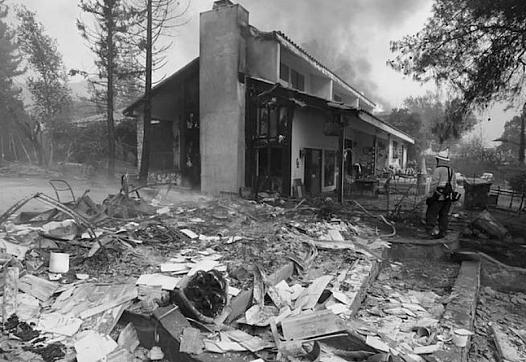
A bill that would increase workplace protections for domestic workers is now before California's governor.

A bill that would increase workplace protections for domestic workers is now before California's governor.
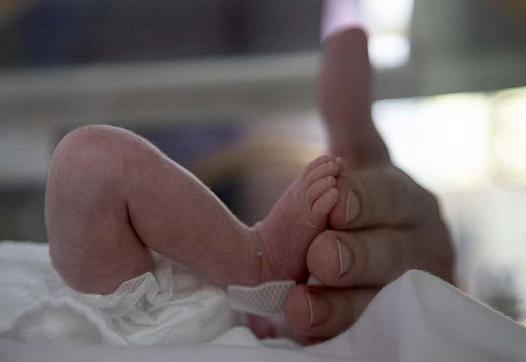
Pregnant women afflicted with COVID-19 face potentially terrifying ordeals, especially when the pregnancy is already high-risk.
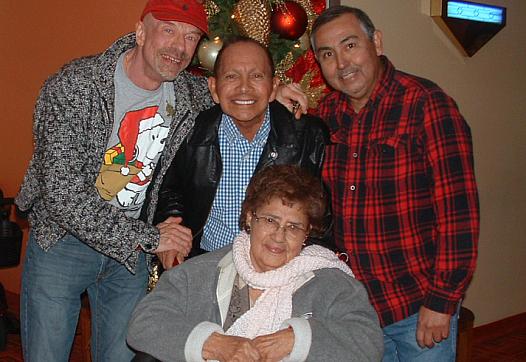
Many factors can contribute to how severely the virus strikes a home, including its location and size. But having enough staff is vital, especially during a pandemic, experts say. New research backs that up.
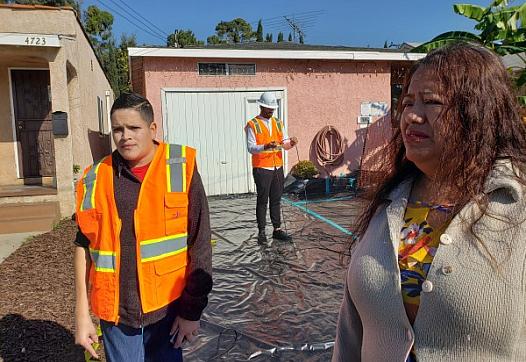
This story was produced by Rubén Tapia with support from USC Center for Health Journalism's 2020 Impact Fund. His reporting looks at how delays in the cleanup of neighborhoods contaminated by emissions from the now-shuttered Exide battery recycling plant in LA is affecting the health of residents.
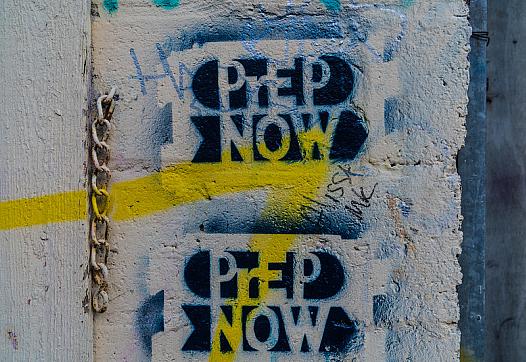
Through my reporting and listening to young sexually active LGBTQ people, I learned there would still be big hurdles to obtaining preventive medication at a pharmacy.
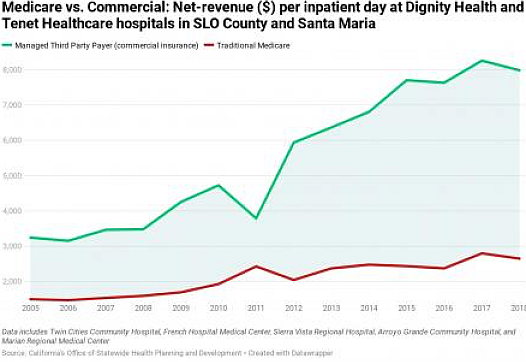
Annual hospital financial reports highlight one big-picture health care trend across California: Hospitals are making increasingly higher profits on commercially insured patients, while they’re suffering steeper losses on Medicare patients.
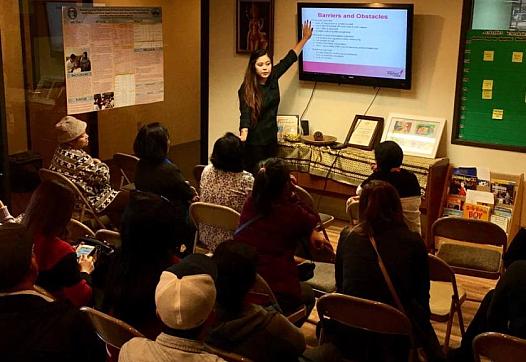
In the U.S., Cambodians and Vietnamese continue to struggle with access to culturally sensitive health care.

"How is it supposed to work?" Answer that question and you're better prepared to spot when things go wrong.
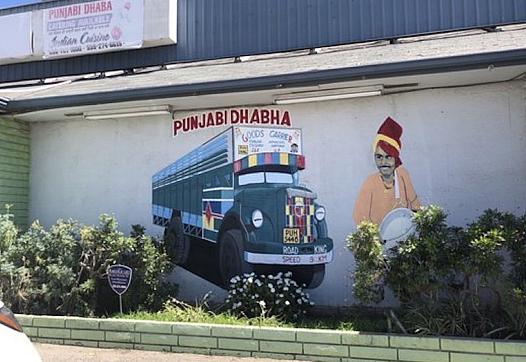
Tucked into truck stops with names like Jay Bros and Antelope Truck Stop Pronghorn, the ubiquitous dhaba serves the needs of the increasing numbers of Punjabi truckers across the U.S.
This article was produced as a larger project by Larry Buhl for the USC Annenberg Center for Health Journalism 2019 Data Fellowship.
His first part of this series :
New Law Aims to Expand Access to HIV Prevention — But Will It?
Will Pharmacist Resistance Hamper Law to Expand Access to HIV Preventi